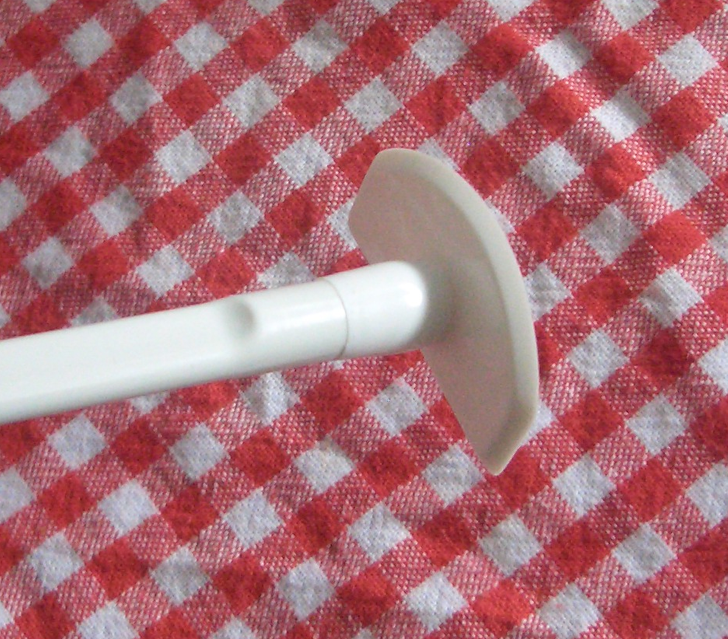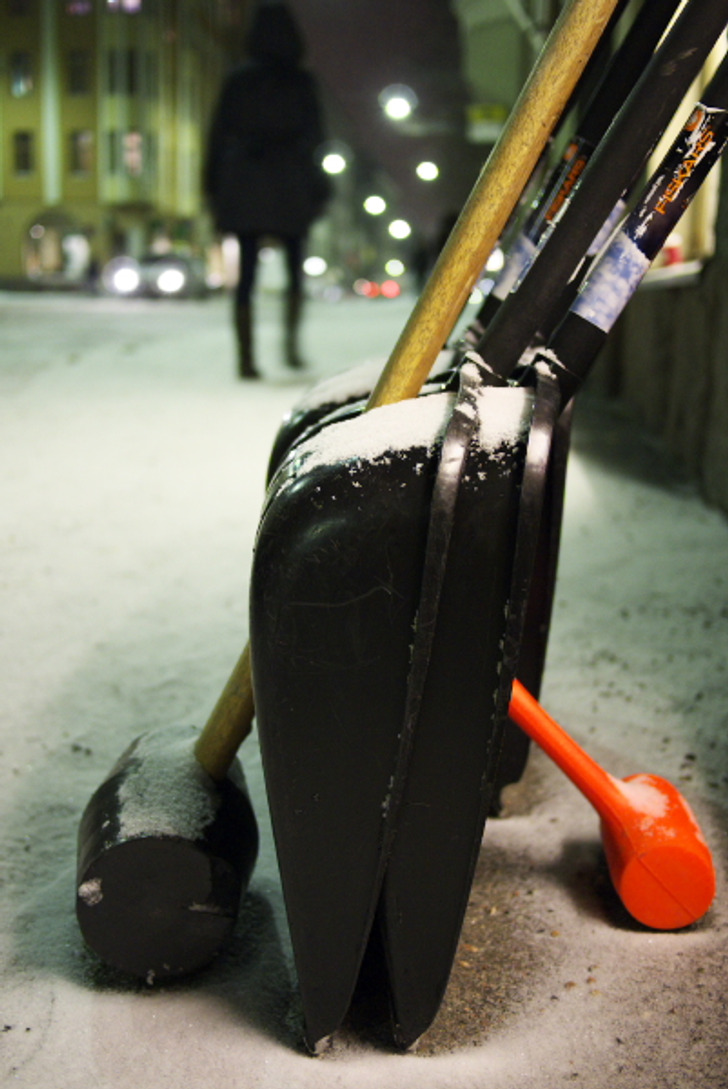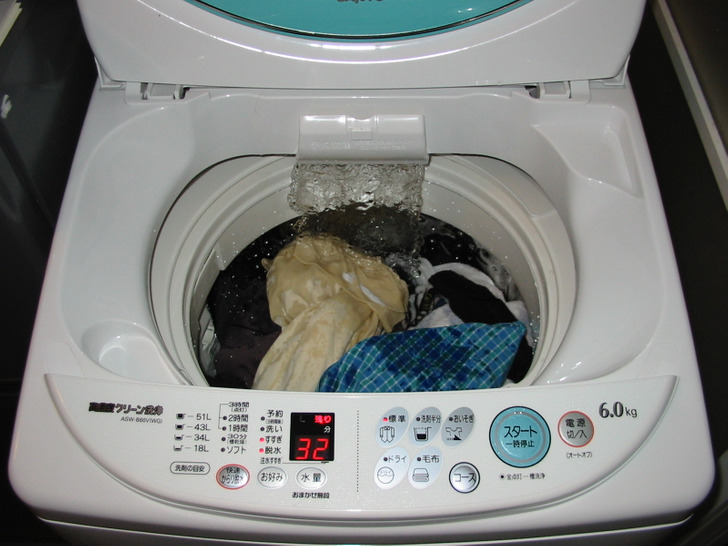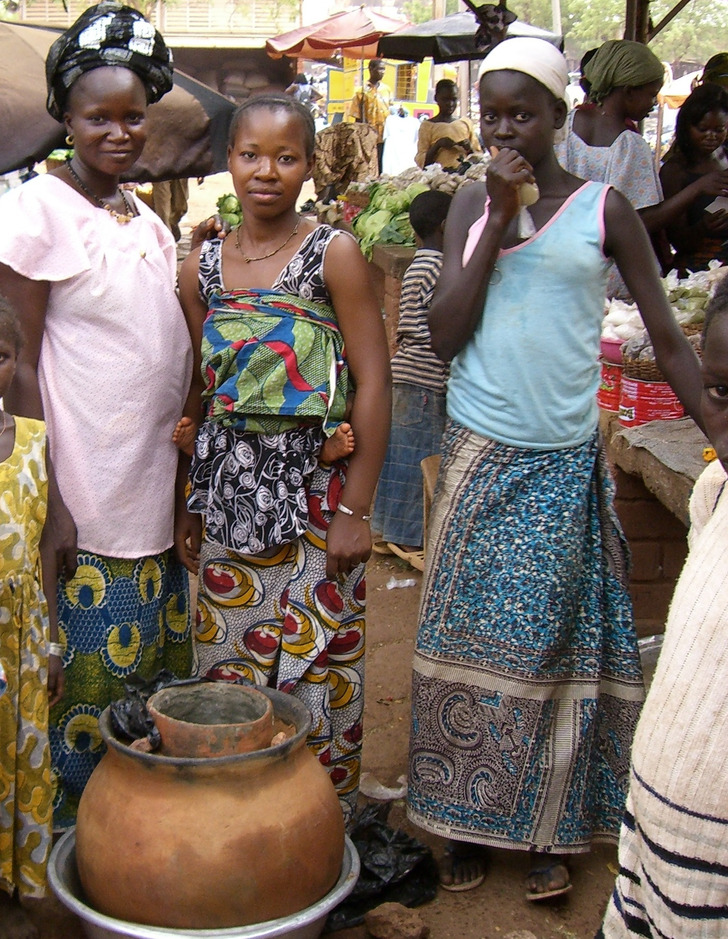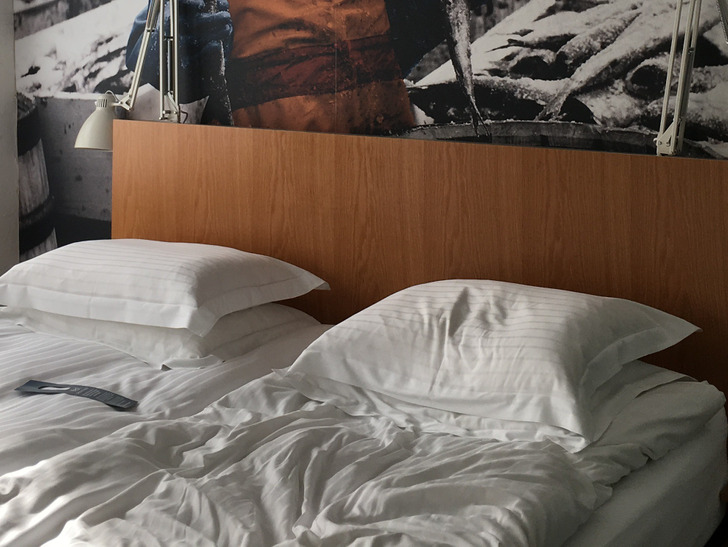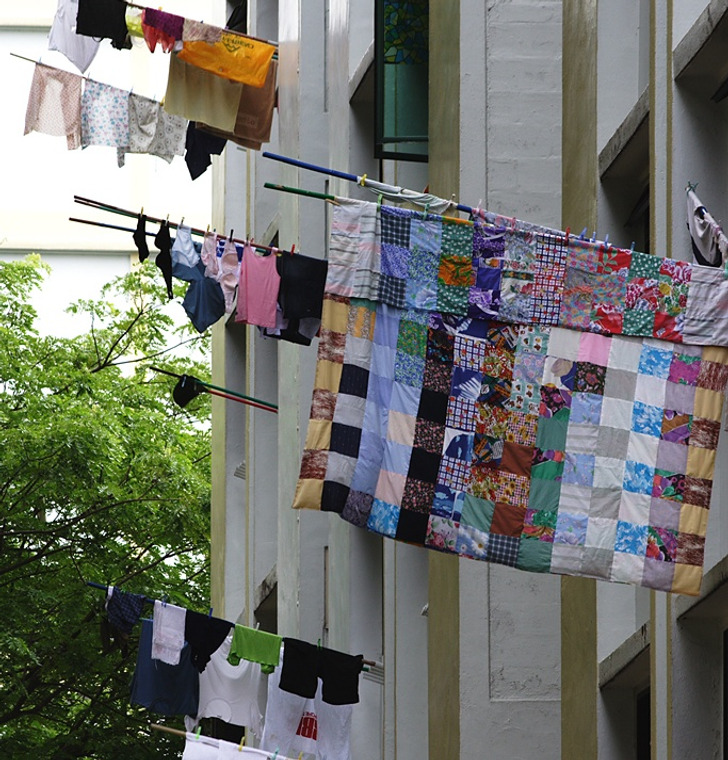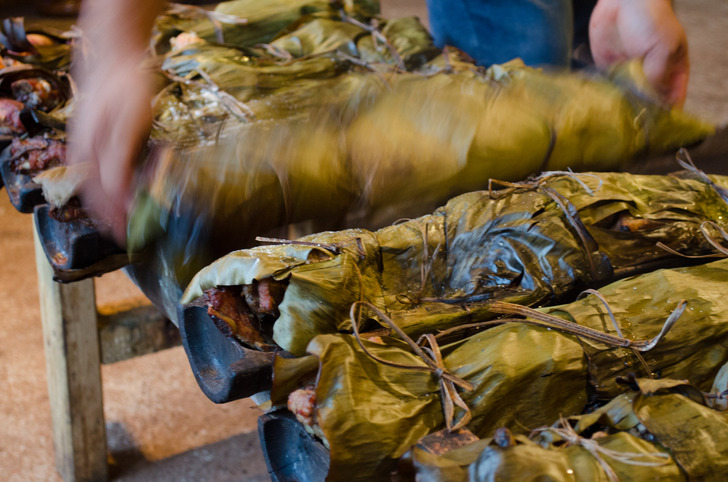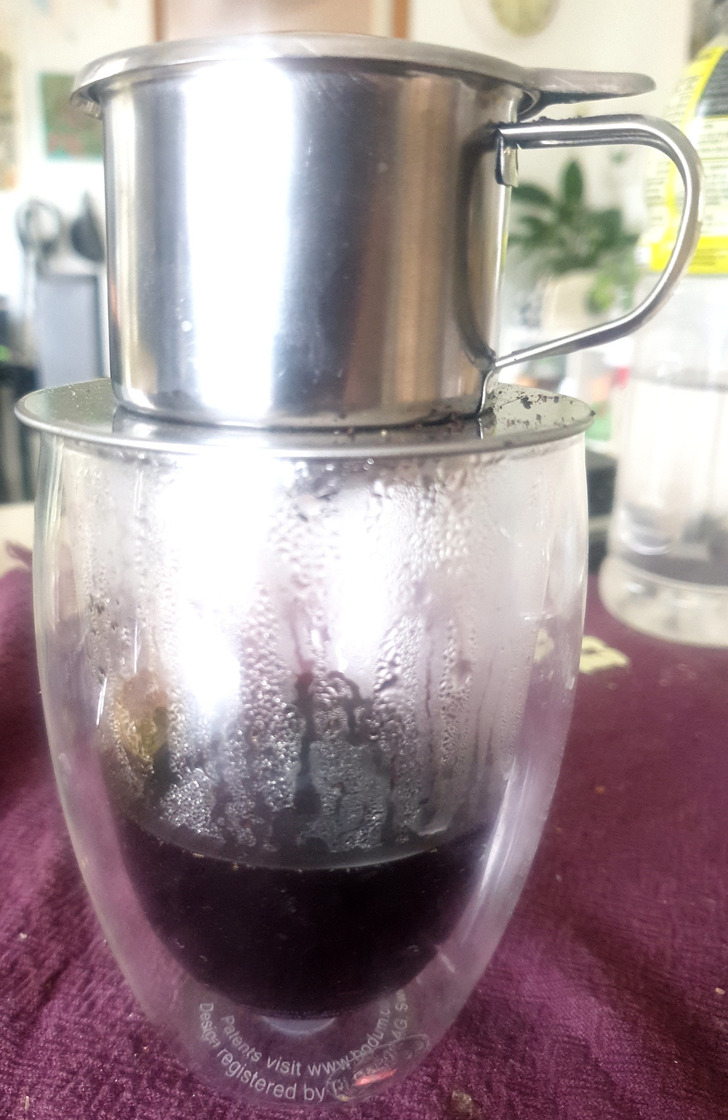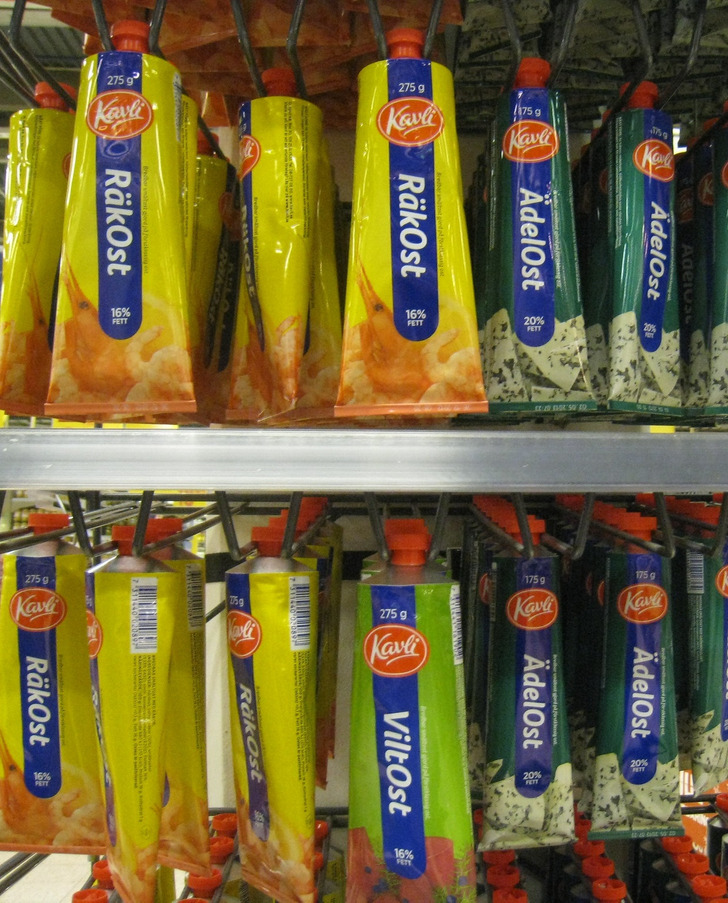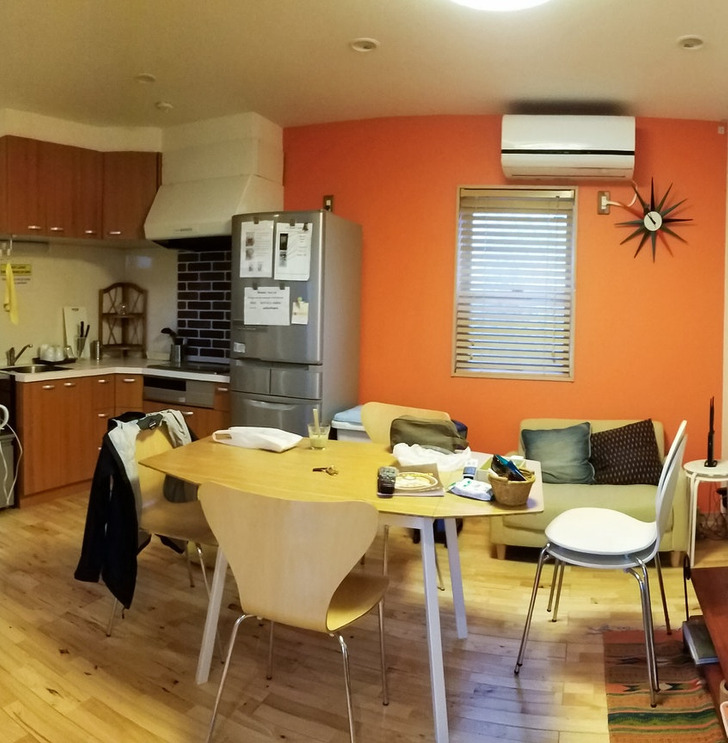15 Tricks From People in Various Countries That Help Them Cope With Daily Challenges
People around the world, regardless of the country they live in, face similar daily challenges. But different cultures deal with these issues in their own way. For example, in Iceland, they prefer to sleep under two blankets, in Japan, they use only cold water to wash their clothes, and in Sweden, porridge is often stored in tubes. Some ideas seem so simple and convenient, it’s strange that they’re not used everywhere.
A special spoon for getting food out of jars
In the first half of the last century, many products in the Netherlands were stored in glass containers. When there was only a bit of yoghurt, or jam, left in the jar, the Dutch grabbed a device called a flessenlikker. It’s a small spatula with a long handle, which you can use to thoroughly pick up all the leftovers in a container. This unique cutlery is still present in almost every household, although many food items are now sold in cardboard boxes, rather than glass containers.
It’s easier to share necessary tools than to buy new ones
In small Finnish housing estates, residents often don’t buy all the tools they need for their home, but rather keep some items in a communal shed. Each resident can take the equipment they need, use it, and then return it to its place. So instead of buying a personal lawnmower, pressure washer, or other expensive and large items, the residents simply buy and maintain them together.
Washing machines that protect clothes from discoloration
Almost all washing machines in Japan come without a heating element, so they wash clothes exclusively in cold water. Not only does this save on energy consumption, but it also protects clothes from discoloration, as well as wear-and-tear. To get rid of particularly stubborn stains, people will usually treat them with various products before putting the clothes in the machine.
Two pots serve as a refrigerator
In some African countries, people have learned to preserve food in hot climates without refrigeration. They use an ancient method that requires two clay pots. They put the smaller pot inside the bigger one, and fill the gap between the walls with wet sand. The moisture in the sand gradually evaporates and the food in the inner pot cools down. Unfortunately, this method can only be used in arid climates. But, it doesn’t require electricity. These devices are quite popular in Nigeria, Sudan, Gambia, and Mali.
Two blankets instead of one
In Iceland, people prefer not to fight all night over one blanket, but rather to sleep peacefully, each under their own. For this reason, it’s almost impossible to find the usual double duvet in households, and in hotels. Many tourists, returning from a trip to Iceland, end up carrying on this night-time practice.
Veggies can be stored in a box filled with sand
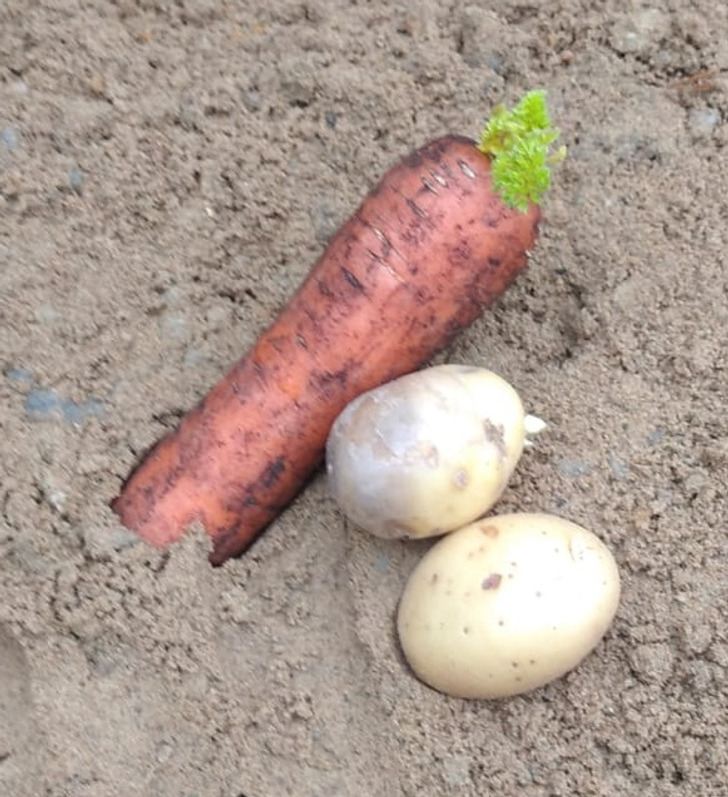
In India, various root vegetables are preserved with the help of sand. This is done by placing clean, dry sand in a suitable container (wooden or cardboard box). The peeled vegetables are placed in rows, making sure that they don’t come into contact with each other. In these sand boxes, potatoes, beetroot and carrots can be stored for a long time without spoiling.
Bamboo sticks instead of a clothes dryer
Drying laundry in Singapore is a form of art. The humid climate and lack of space has led residents to devise a clever system that allows them to dry laundry quickly. Clothes are attached to long bamboo sticks, which are then inserted into slots drilled in the wall. This system is found in almost all the old buildings in Singapore.
To make bread or baguettes last longer, they can be stored in the freezer
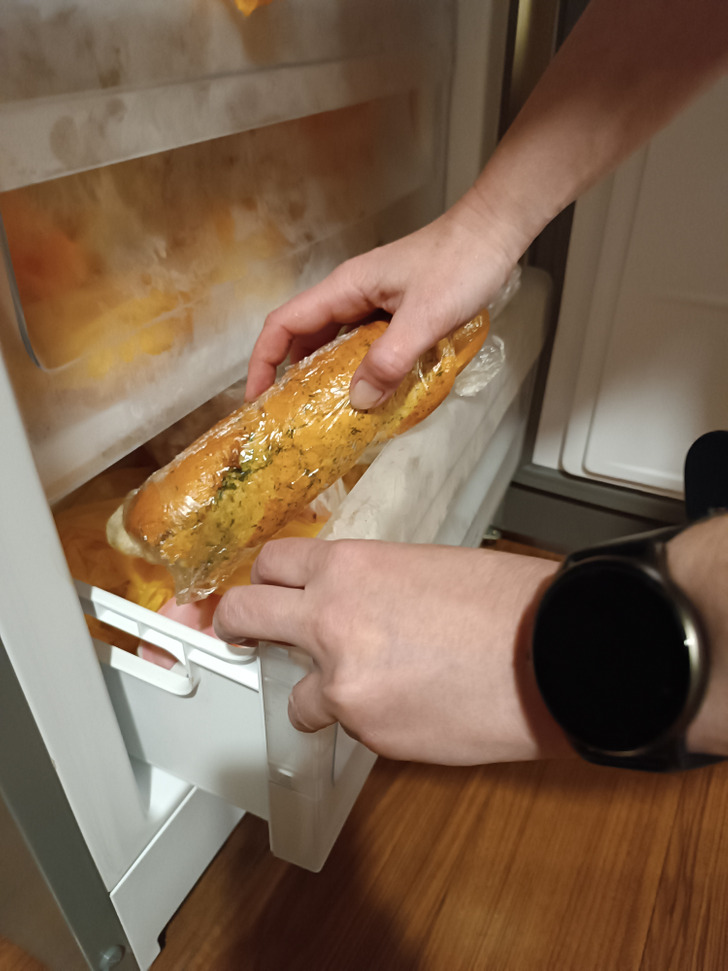
Baked goods become stale quickly at room temperature, and storing them in the fridge doesn’t help at all. To keep a baguette or loaf of bread crispier for longer, the French sometimes put them in the freezer. This is done by placing the product in an airtight container, or carefully wrapping it in several layers of plastic. In these conditions, the bread can be stored for around 3 months without losing its properties.
Brushes for cleaning snow off your shoes
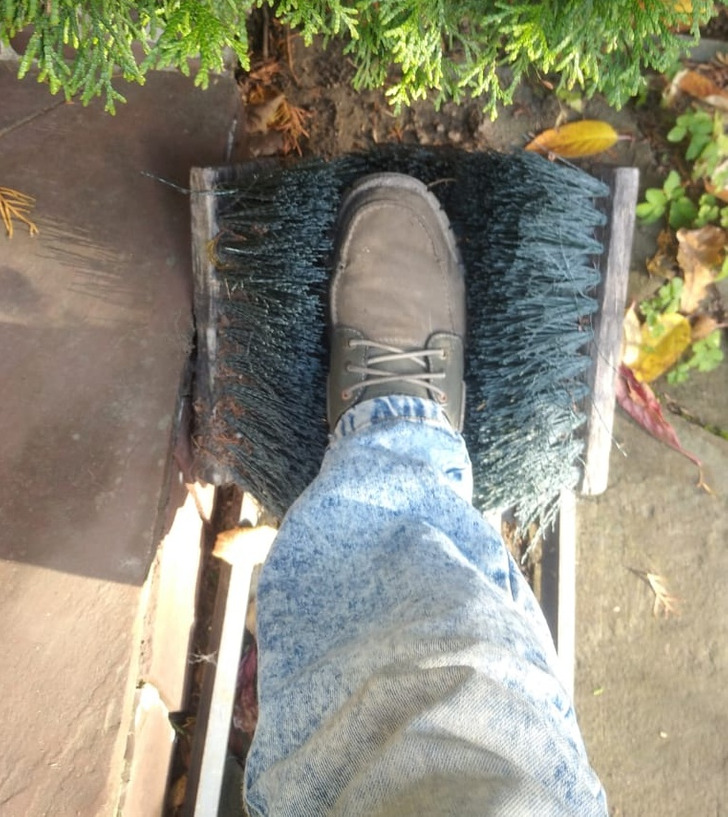
In Finland, it’s not customary to wear outdoor shoes inside the house. But if you leave shoes, covered in snow or mud, in the hallway, they can mess up not only the floor, but also the shoes next to them. This is why there’s a special device in front of almost every public building or private house. It’s made up of three rigid brushes, one on the bottom and two on either side. With the help of this device, shoes can be easily cleaned of snow and dirt.
Tight trousers keep warmth in better than loose-fit ones
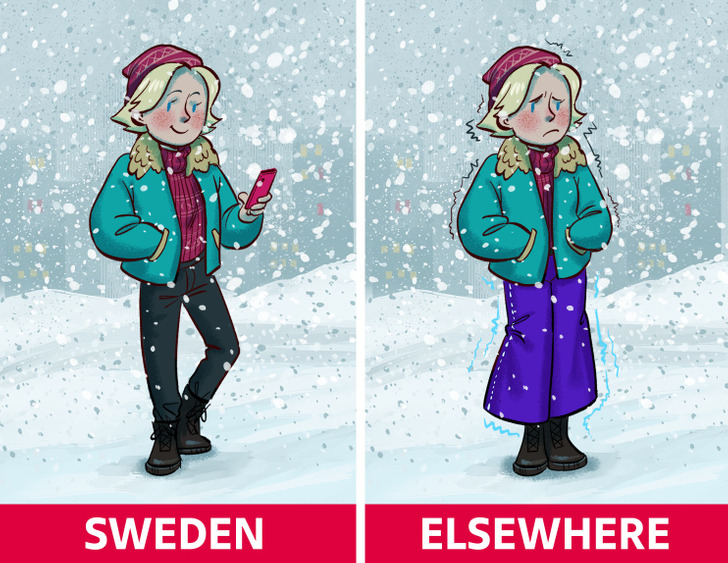
In Sweden, people know first-hand what harsh winters are like. That’s why residents and visitors think carefully about what to wear before going out into the cold. The main secret lies in layering your clothes; this approach allows you to neither get too cold nor too warm when the temperature drops below zero. Articles of clothing should fit snugly against the body so precious heat is not lost unnecessarily. That’s why, in winter, tight trousers are preferred, instead of loose-fit ones.
Banana leaves instead of plastic containers
Instead of the usual paper bags or reusable containers, people in Thailand use a variety of plant-based products to pack their food. The most common of these are banana leaves. These plants are hardy and, in warm climates, require little care. Almost all parts of the banana tree are used. This reduces the amount of plastic waste and other hard-to-recycle materials.
A simple device for brewing coffee
Vietnamese coffee is roasted using the French roasting system, which gives the beans a darker colour. Most of the plantations are of the Robusta variety, which is known for its high caffeine content and bitter flavor. The coffee is not brewed, but rather prepared by passing it through a metal filter. The resulting drink is very strong. To reduce the bitter taste, ice and condensed milk can be added to taste.
Porridge and jam in tubes
In Sweden, many products are sold in tubes. Not only sauces and jams, but also cheese, porridge and many other foods are packaged in this way. In recent years, even some restaurants have started serving food in this manner. It’s believed that the tubes keep food fresh for longer, as the airflow is restricted and the packaging itself is less wasteful.
A slow cooker that doesn’t require electricity or gas
South Africa has invented a wonderful appliance that helps you cook food with almost no electricity or other fuel. The food simply has to be brought to a boil on the stove, then sealed in a special “magic” bag, which helps to maintain the required temperature. As a result, the food is slowly simmered or stewed until it’s ready.
Housing agencies for people with pets
If you are a lucky owner of a furry friend, it can sometimes be difficult to find suitable accommodation for rent. So, in Japan, a flat rental agency has been set up specifically with cat owners in mind.
The agency has established three basic parameters for cat-friendly flats. These are: plenty of natural light, claw-resistant coatings on floors and walls, and secure windows and doors to prevent the cat from escaping and getting lost.
Which of these life hacks would you like to implement?
